Dolomite, a widely used mineral, has gained significant attention in recent years due to its versatility and numerous applications in various industries. With its unique composition and properties, dolomite has become an integral part of countless processes, making it an essential component in a wide range of products. This article will explore the different functions and uses of dolomite across different industries and highlight its importance in each sector. 1. Construction Industry: Dolomite plays a crucial role in the construction industry, where it is commonly used as a primary ingredient in the production of cement and concrete. Thanks to its high calcium and magnesium content, dolomite acts as a binder to improve the durability and strength of concrete structures. Moreover, dolomite’s ability to resist weathering and acid attacks makes it an ideal material for road construction, as it provides a smooth and durable surface.
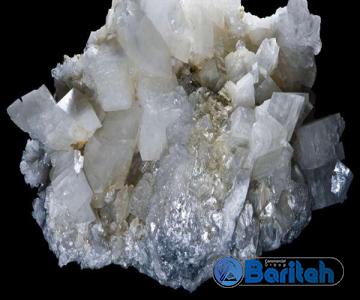
.
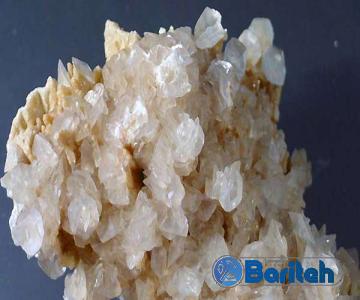 2. Agriculture and Horticulture: Fungsi dolomite extends to the agricultural sector as well. Dolomite is commonly used as a soil conditioner to adjust soil pH levels and provide essential nutrients to plants. Its ability to neutralize soil acidity promotes healthy plant growth and enhances nutrient absorption. Additionally, dolomite is often used as an additive in animal feed, providing essential minerals to improve animal health and wellbeing. 3. Water Treatment: Dolomite plays a vital role in the field of water treatment. Its alkaline properties make it an excellent choice for neutralizing acidic water, reducing acidity in lakes, streams, and water supply systems.
2. Agriculture and Horticulture: Fungsi dolomite extends to the agricultural sector as well. Dolomite is commonly used as a soil conditioner to adjust soil pH levels and provide essential nutrients to plants. Its ability to neutralize soil acidity promotes healthy plant growth and enhances nutrient absorption. Additionally, dolomite is often used as an additive in animal feed, providing essential minerals to improve animal health and wellbeing. 3. Water Treatment: Dolomite plays a vital role in the field of water treatment. Its alkaline properties make it an excellent choice for neutralizing acidic water, reducing acidity in lakes, streams, and water supply systems.
..
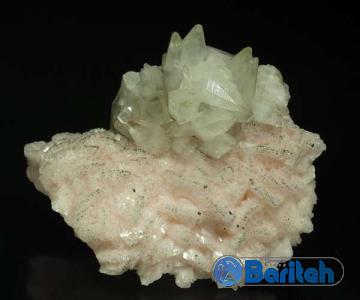 Dolomite’s ability to remove heavy metals, specifically copper, lead, and zinc, from water sources, makes it an invaluable component in water treatment processes. 4. Steel Production: The steel industry relies heavily on dolomite for producing high-quality steel. Dolomite, when mixed with iron ore and coke, acts as a fluxing agent during the steelmaking process. It helps remove impurities, improve the viscosity of the slag, and accelerate the melting process, ultimately resulting in stronger and more durable steel products. 5. Glass Manufacturing: Dolomite’s unique properties also make it a preferred material in the glass industry. It acts as a fluxing agent, reducing the melting temperature of glass, thereby increasing energy efficiency during the manufacturing process. Dolomite’s resistance to heat and shock also makes it ideal for producing heat-resistant glassware and refractory bricks used in kilns and furnaces.
Dolomite’s ability to remove heavy metals, specifically copper, lead, and zinc, from water sources, makes it an invaluable component in water treatment processes. 4. Steel Production: The steel industry relies heavily on dolomite for producing high-quality steel. Dolomite, when mixed with iron ore and coke, acts as a fluxing agent during the steelmaking process. It helps remove impurities, improve the viscosity of the slag, and accelerate the melting process, ultimately resulting in stronger and more durable steel products. 5. Glass Manufacturing: Dolomite’s unique properties also make it a preferred material in the glass industry. It acts as a fluxing agent, reducing the melting temperature of glass, thereby increasing energy efficiency during the manufacturing process. Dolomite’s resistance to heat and shock also makes it ideal for producing heat-resistant glassware and refractory bricks used in kilns and furnaces.
…
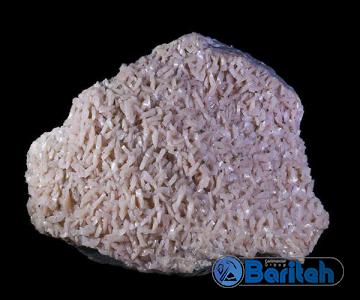 6. Environmental Applications: Dolomite is utilized in various environmental applications, including controlling soil erosion and stabilizing soil slopes. Its ability to reduce soil water runoff and promote vegetation growth helps prevent soil erosion, protecting ecologically sensitive areas. Dolomite is also used in land reclamation projects, restoring disturbed land to its original state and promoting sustainable development. Conclusion: The versatile fungsi dolomite in various industries cannot be understated. From construction and agriculture to water treatment and steel production, dolomite plays a critical role in enhancing the performance and efficiency of multiple processes. Its unique properties and ability to fulfill essential functions make it an invaluable resource widely adopted across different sectors. As industries continue to evolve, dolomite’s significance is expected to grow, paving the way for further innovation and development in these industries.
6. Environmental Applications: Dolomite is utilized in various environmental applications, including controlling soil erosion and stabilizing soil slopes. Its ability to reduce soil water runoff and promote vegetation growth helps prevent soil erosion, protecting ecologically sensitive areas. Dolomite is also used in land reclamation projects, restoring disturbed land to its original state and promoting sustainable development. Conclusion: The versatile fungsi dolomite in various industries cannot be understated. From construction and agriculture to water treatment and steel production, dolomite plays a critical role in enhancing the performance and efficiency of multiple processes. Its unique properties and ability to fulfill essential functions make it an invaluable resource widely adopted across different sectors. As industries continue to evolve, dolomite’s significance is expected to grow, paving the way for further innovation and development in these industries.
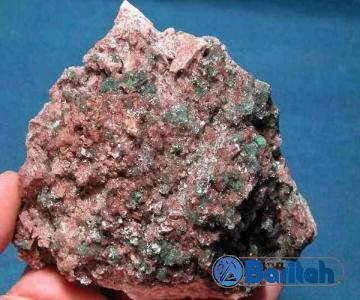
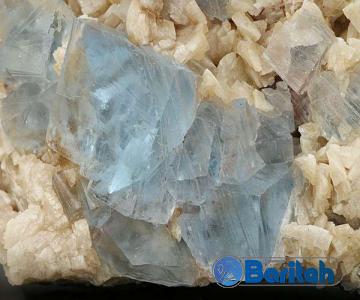
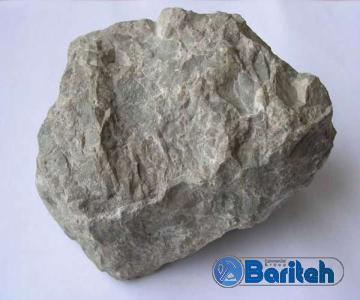
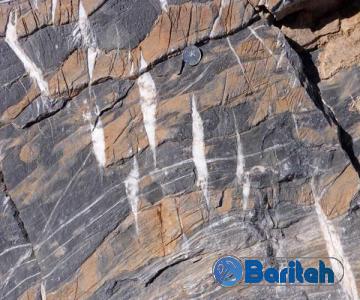
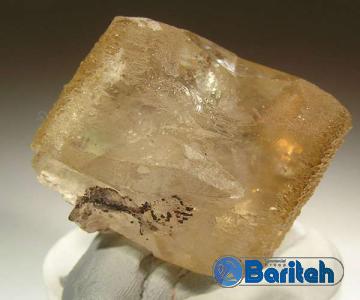
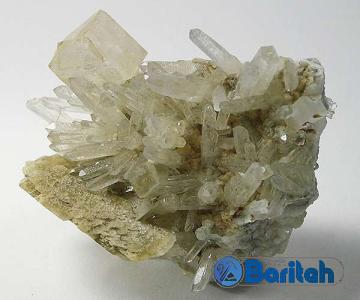
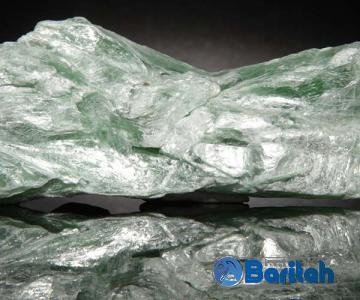
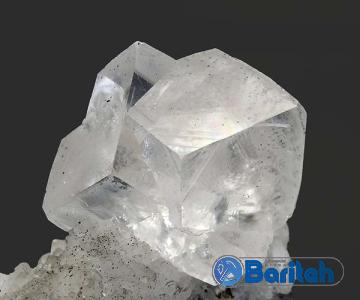
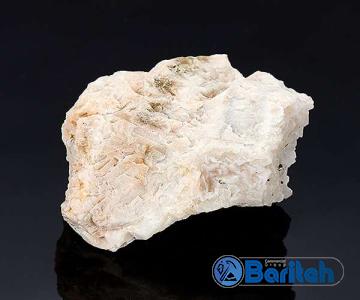
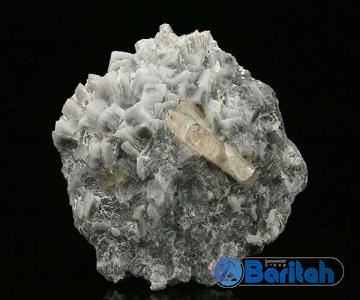
Your comment submitted.